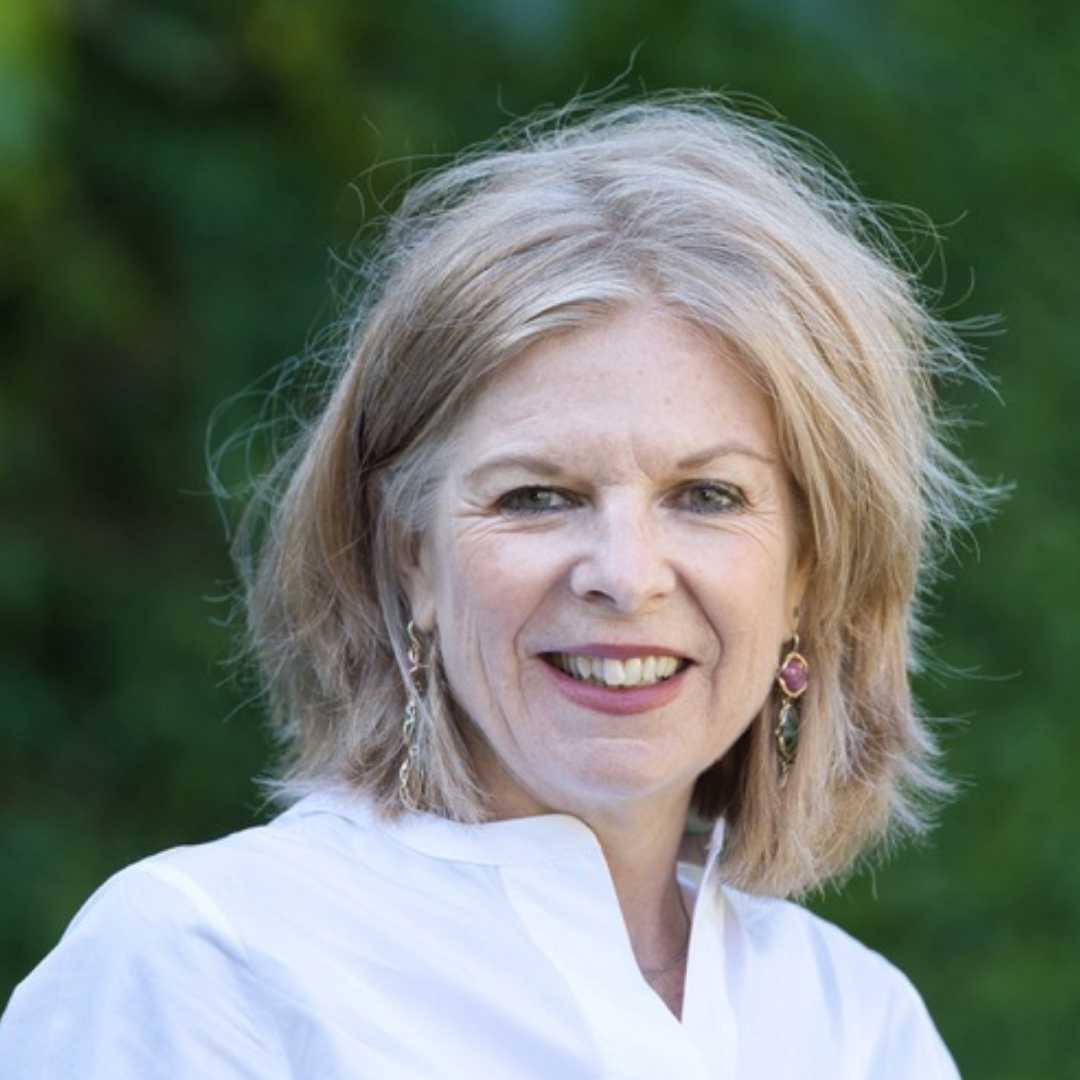The "Architecture: History, Theory, Ecology, Design" academic travel course investigates the history of the built environment as technical, social, and cultural expressions from antiquity to the contemporary age. It studies building materials and expressions in terms of their chronology, context, and stylistic developments, as well as themes, theories, and innovative practices in architecture and urban design. Among other focus topics, students are encouraged to consider architecture as a cultural expression, study its semiotic potential, ascertain its role within political aesthetics, and investigate its relationship to best practices in sustainable building. The course also considers architecture’s impact on humankind, how it shapes both human habitat and the natural environment and how it has the potential to change human minds.
Munich, Regensburg, Prague
This course will take place directly on-site in Munich, Regensburg, and Prague from May 19-30, 2025. The emphasis will be on “architecture and its semiotic potential,” investigating individual forms and types of architecture, as well as specific building elements, and in what sense they become “carriers of meaning.”
Particular topics include:
- architecture and war;
- architecture in the context of political systems and propaganda;
- architecture in film;
- corporate image as proclaimed in buildings;
- the pressing topic of constructing sustainable buildings to respond to the manifestations of climate change and growing urbanizations.
Further discussion will include what makes a smart city and architecture in the context of contemporary technology, such as AI. Specific studio workshops in drawing, photography, and film storyboarding will further the understanding of how to represent architecture.
COURSE SCHEDULE AND FEE
Interim Session 1: May 19 - May 30, 2025
| Course | Title | Faculty | Day | Time |
| AHT 257T | Architecture: History, Theory, Ecology, Design | Fassl | M - SU | 8:30 - 17:00 |
Course fee (3 credits): 3555 CHF / 4290 USD
The course fee covers:
- accommodations in Munich, Regensburg, and Prague;
- transportation between cities;
- local public transportation;
- museum and exhibition entrances;
- some extracurricular activities.
Students are required to make their own travel arrangements to Munich (arrival 19 May) and from Prague (departure 30 May). Please consult Professor Fassl prior to making your arrangements and make sure to meet all registration and deposit deadlines. A supplement may apply to the course fee.
Deposit deadline: March 31, 2025
For a summary of tuition and fees see Tuition (U.S./Canada | Swiss/EU/EEA | International).
FACULTY
Johanna Fassl is a Professor of Art History and Visual Communication and the co-chair of the Division of Arts and Cultures. She received her PhD with Distinction from Columbia University and has been the recipient of numerous fellowships, including from the Mellon and Getty research foundations. In 2004 she built Columbia University’s study center and academic program, which she directed until 2015. In 2016 she co-founded the Scholarships Without Borders program that grants fully funded scholarships to refugee students at Franklin. Fassl’s research analyzes the production and reception of art within an interdisciplinary framework of science, philosophy, and the psychology of perception. In her studies on Giambattista Tiepolo and his circle in eighteenth-century Venice she concentrates on how a deliberate rhetoric of absence in painting connects to theories of the Radical Enlightenment. The void and other forms of abstraction are also at the heart of Fassl’s second research area in contemporary trauma studies where she examines the works of artists who have experienced trauma in the ongoing conflict zones of the Middle East.




